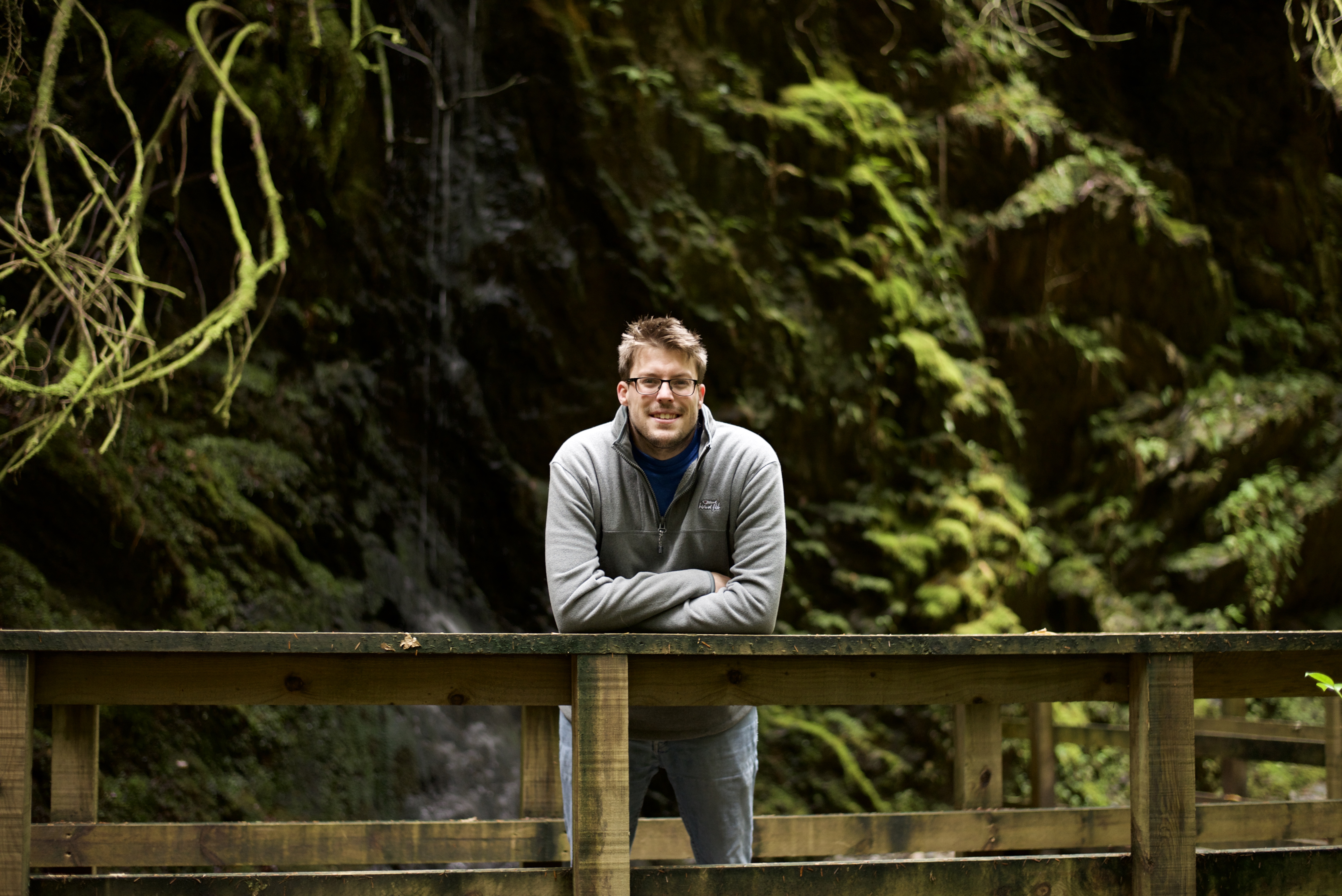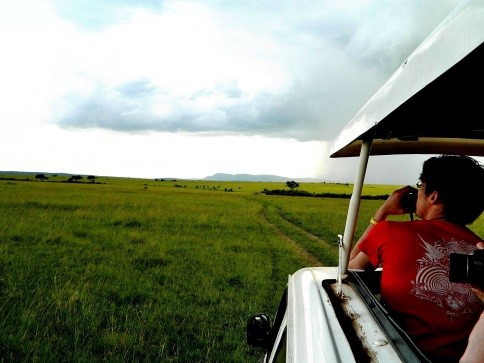We are looking back on some of our MSc graduates who have excelled in scientific research, ecology and conservation around the world since studying with us.
Today we meet Ed who graduated from MSc Evolutionary & Behavioural Ecology in 2013 and is now a Senior Research Associate at the University of East Anglia.

Hi Ed, It’s been almost 10 years since you studied with us, why don’t you tell us a bit about your career in that time that led you to where you are now?
I finished my MSc in Evolutionary and Behavioural Ecology in 2013, then immediately applied for a PhD in Evolutionary Biology at the University of Edinburgh working with Jacob Moorad. I am now a Senior Research Associate at the University of East Anglia. Ideally, I’d like to continue with a career in academia. Preferably either lecturing or forming my own lab group where we explore the variation in ageing patterns across the tree of life, a topic I’ve become absolutely fascinated in, in recent years.
What are your highlights from studying your MSc at the University of Exeter Cornwall Campus?

I’ll always have fond memories of the Penryn campus during my time in Cornwall. It’s in such a lovely location, super close to the beach and nature. The location of the campus itself is fantastic – as someone who lived in Penryn during my MSc, it was always a lovely walk to work. I think most people will agree that the field course in Kenya has to be one of the highlights. Having to develop and carry out your own mini research project whilst surrounded by such incredible wildlife was simply amazing. Aside from that, I was very lucky to undertake a fascinating research project with Dr Nick Royle using the fantastic model system, the burying beetle (Nicrophorus vespilloides). This clearly has had lasting impacts as this beetle was the model system during my PhD.
We are so pleased you have such fond memories! How do you think the MSc helped to prepare you for your career?
I owe a lot of where I am in my academic career to the positive experiences that I had during my MSc at the University of Exeter. The course itself really gives you a multitude of different skills, from statistical analysis to core evolutionary theory in a range of subject areas. Being able to gain ownership of a research project and present the results both orally and in thesis form was such an important learning experience in so many ways. The most valuable skill for me is probably the confidence in using R Statistical Software which I gained from a module during the MSc. It is easily one of the most used skills that I acquired during my time in Penryn.

Why and how did you choose your career path?
I’ll be honest the main reason I chose this career is just that I’m incredibly interested in the subject area (ageing and senescence). Being able to be involved in research directly relating to my interests is hugely fulfilling. For me the most rewarding aspect is either statistical analysis and the ability to visualise the data you’ve spent months collecting, or supervising student projects and ensuring they too develop a decent knowledge of experimental design and statistical analysis.

Finally, do you have any advice for those looking to pursue something similar?
One decent piece of advice is to try and maintain a good work/life balance. Academia can be filled of highs and lows and the ability to switch off and recharge after a long day at work is hugely important.
Thank you Ed!
If you want to read more profiles from MSc Evolutionary & Behavioural Ecology graduates follow this link or explore our Graduate in Focus homepage to learn more about the degree programmes we have on offer!

